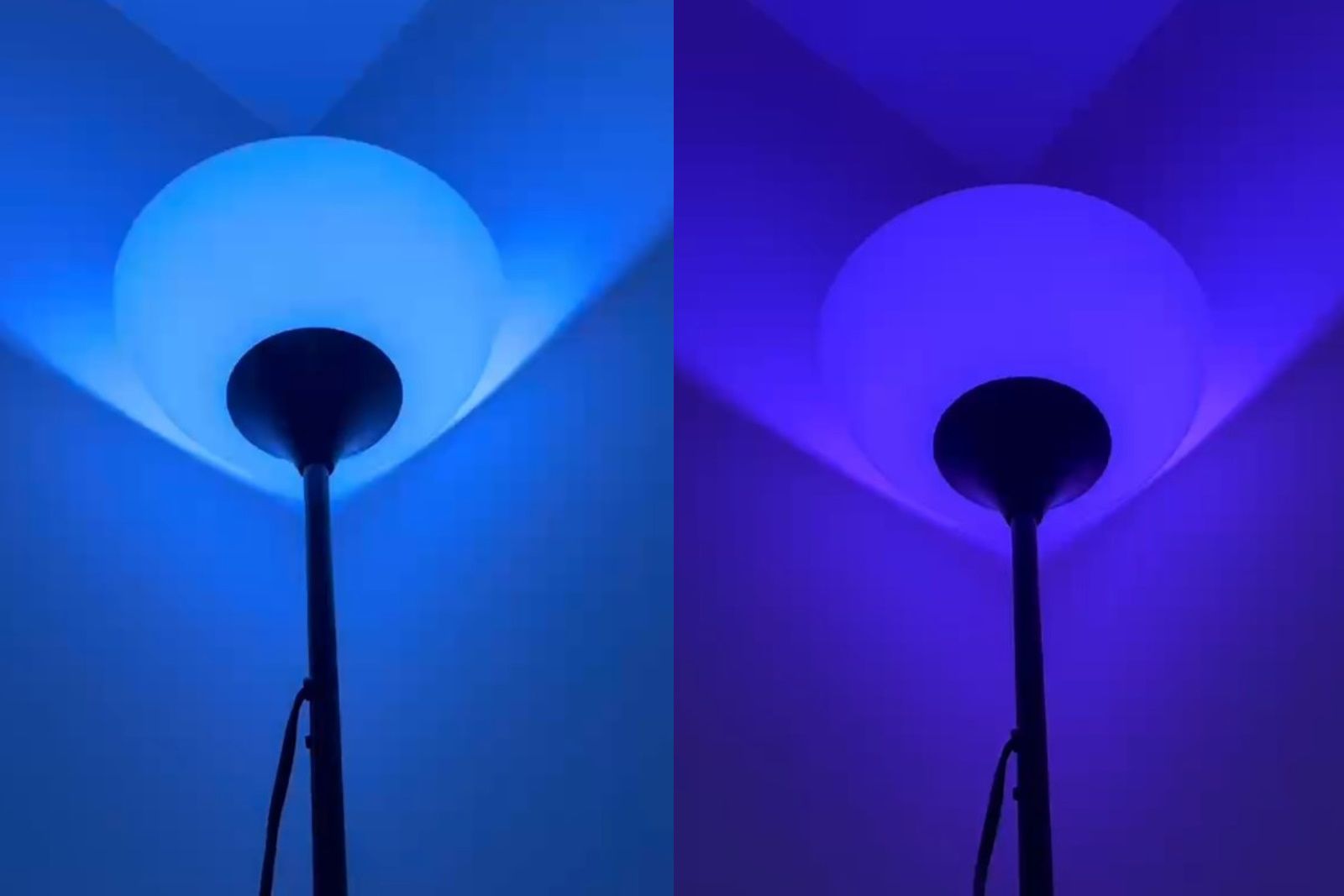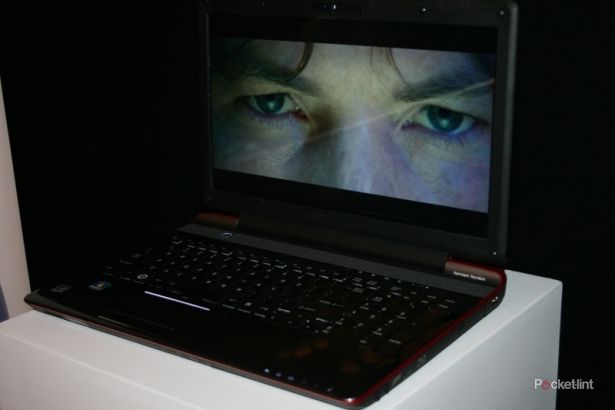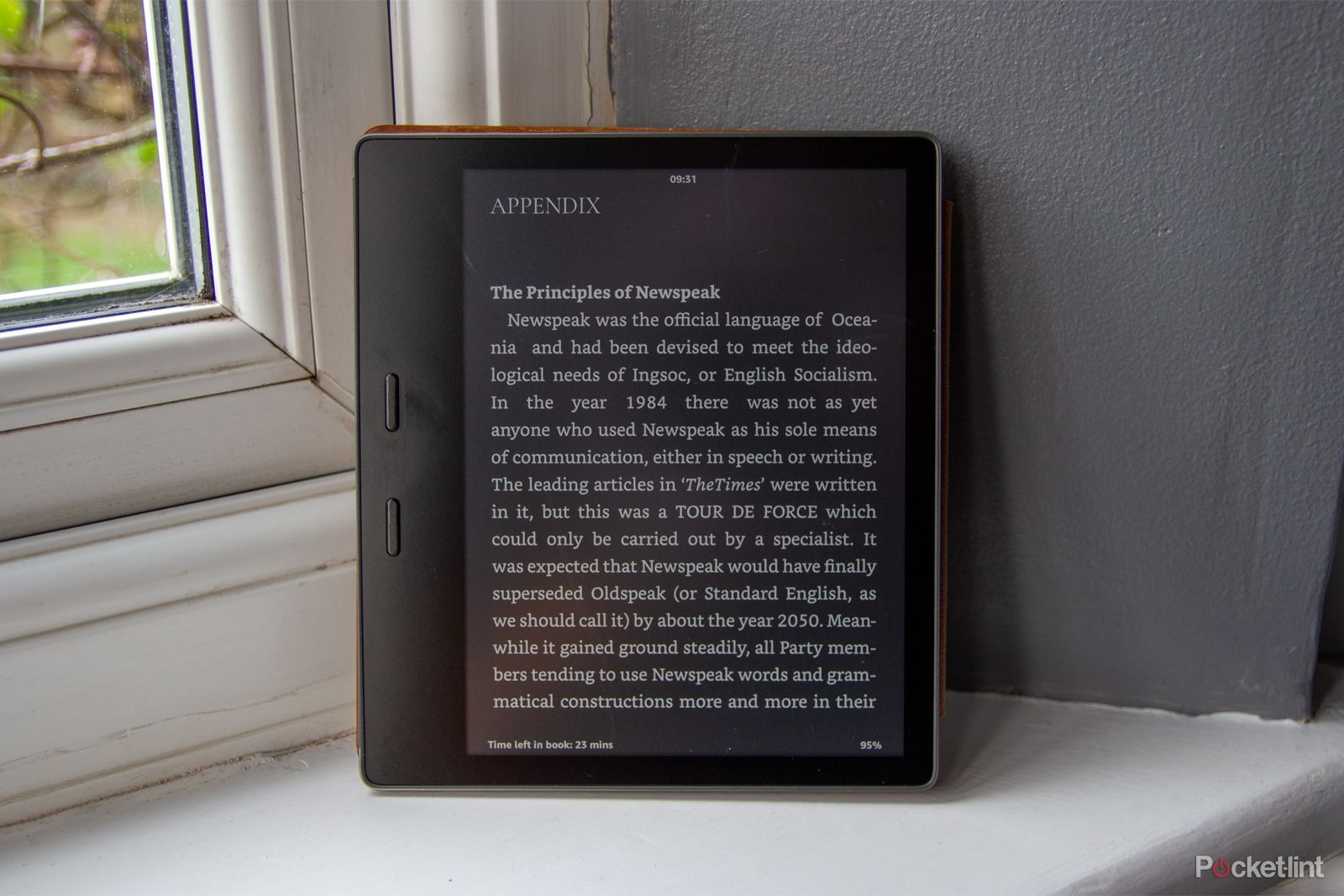Over the last few decades, the way we work, spend free time, or get important things done, has changed drastically. Especially following how the COVID-19 pandemic ushered in a new era of remote work, online shopping, and even workouts, it’s possible to do most everything from behind a screen.
1:21
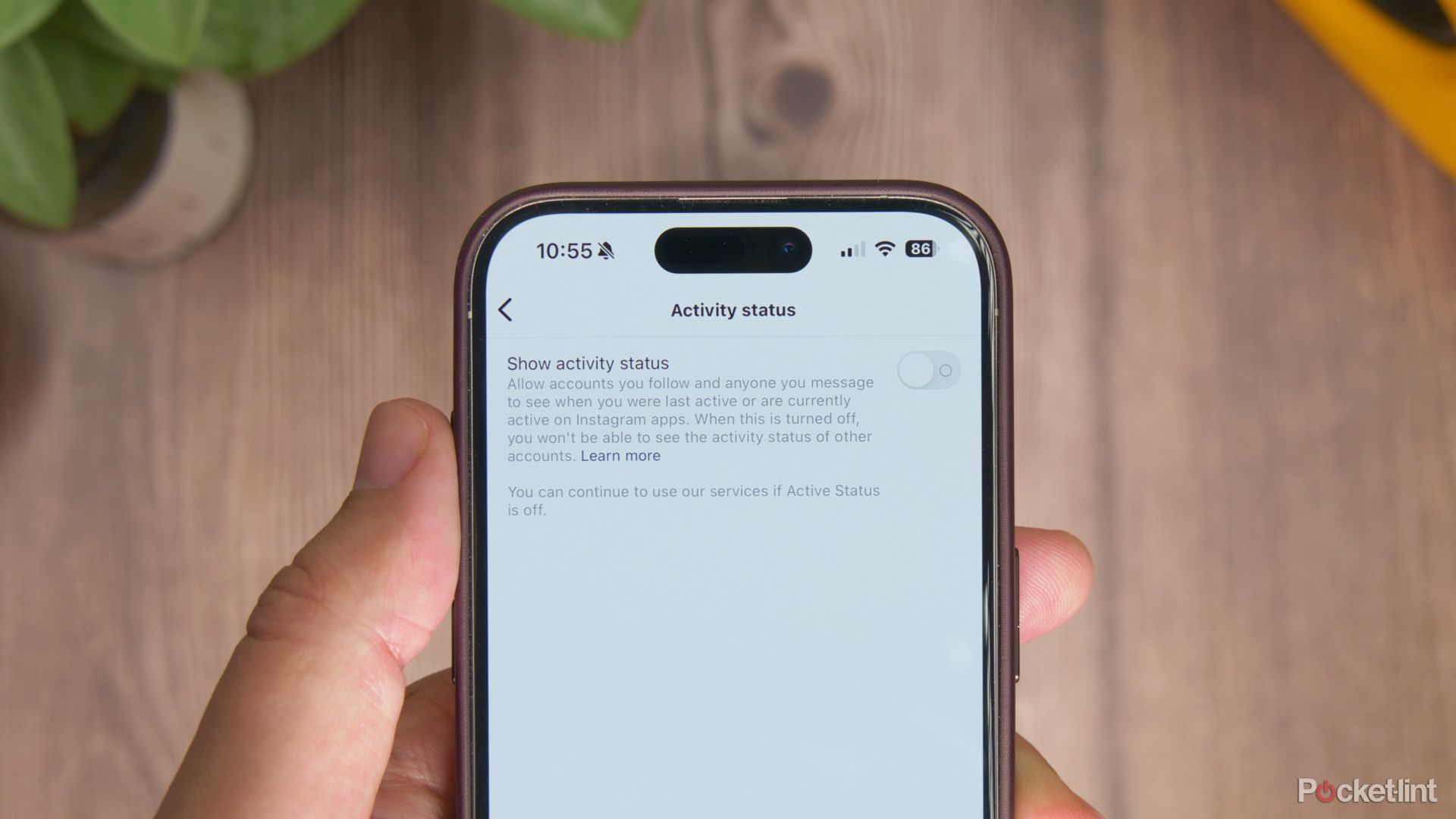
How to hide your Instagram online status
Instagram shows when you are online or you were last active, but you might want to hide it. Here is how to turn off online status and hide activity.
While an increasing online world has innumerable advantages, like convenience and speed, these changes come with some drawbacks. Spending more and more time in front of various screens can affect your health in various ways, and people start recognizing the need to limit their exposure to their displays.
One of the main factors that affect your health when you spend time in front of the display is the blue light that it emits.
Blue light, a natural part of the light spectrum, has the shortest wavelength out of the visible light spectrum and appears naturally in sunlight, but we mostly associate it with artificial sources – PCs or mobile screens, fluorescent lights, and TVs.
Is blue light bad for you?
The talk of blue light and its dangers is increasingly prominent – both in the media, but also in medical research.
So, let’s get one thing straight right out of the gate – blue light is not dangerous or harmful in itself. On the contrary – it’s a necessary element of our vision, and is important for our health. It regulates sleep cycles, helps you stay awake and be more alert and conscious, and it even positively affects your mood.
AiDot
As usual, the problem is not with exposure itself, but with prolonged access to blue light sources. In general, our eyes are not great at filtering blue light, and most of it – much more than other parts of the visible light spectrum – reaches our retina. It’s not a problem when we consider just natural lighting, but add to it all the time we spend in front of artificial screens, and this exposure may cause significant damage or strain to your eyes, causing not only vision problems, but also a lot of other health problems.
How does blue light affect your sleep?
First, let’s start with what many people experience, especially when surfing the web on your smartphone late at night – sleep problems. Blue light is, among other things, responsible for regulating your sleep cycles. It’s connected to where it naturally appears – in the sunlight. So, our bodies naturally suppress melatonin when exposed to blue light, which in turn means you feel less sleepy.
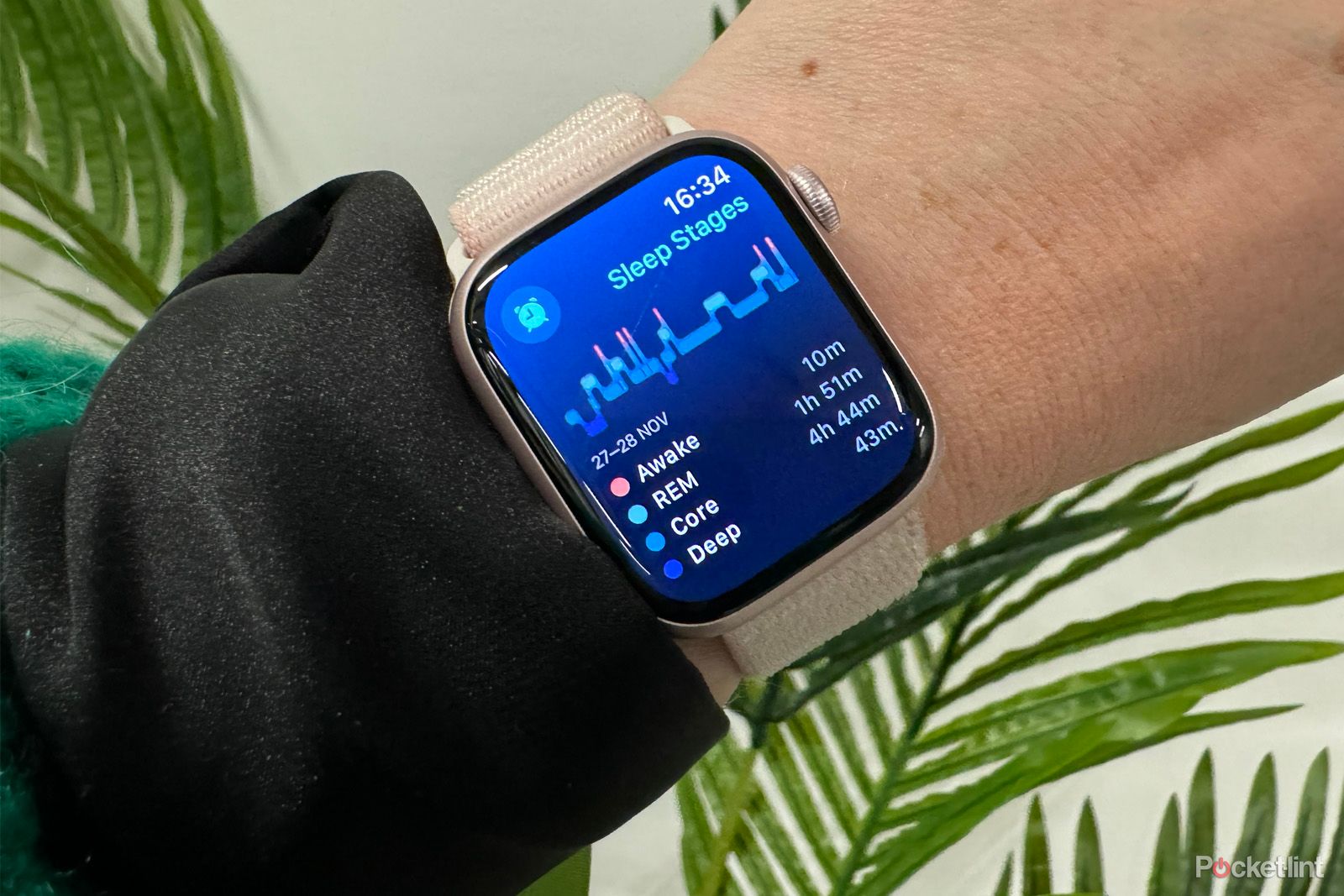
Apple Watch sleep tracking: What it does and how to use it
This is everything you need to know about tracking your sleep with the Apple Watch, including how to set it up, how it works and what results you get.
However, the same process takes place when you’re exposed to blue light from artificial sources, such as displays of any kind. As you can use these devices at any time of the day, the suppression of melatonin is not limited to the time you’d normally be awake, and you might find it much more difficult to fall asleep when using your screen after dark.
Is blue light bad for your eyes?
While bright and beautiful AMOLED displays are a main selling point for gaming, taking photos, and streaming, the blue light emission does negatively impact our eyes and their health.
One of the most common complaints is the issue of eye strain – tired, dry-feeling eyes. One of the reasons for that is the tendency to blink much less when looking at digital screens, making your eyes dry and tired.
It’s not just eye strain that you should be aware of. Prolonged exposure to blue light also causes various eye conditions, such as premature macular degeneration, cataracts, eye cancer, or damage to retinal cells.
This damage is caused by the nature of blue light wavelengths. They are much more difficult to filter through our eyes and therefore easily reach the retina without any barriers from the eye’s outer layer. This lack of defense makes it easy for blue light wavelengths to have adverse effects on the eye, especially when the light itself is bright, which is why using a screen at night, with increased brightness, is so dangerous for your eyes.
What other health effects does blue light have?
Even though sleep problems and eyesight problems are two of the most commonly discussed results of prolonged blue light exposure, they are not the only ones.
As mentioned above, eye strain is caused by blue light and lack of blinking. Even though it might only result in the feeling of dryness, if you strain your eyes more severely, you might also experience much bigger symptoms.
If you often have migraines or blurred vision, these might be the symptoms of severe eye fatigue, caused in part by overexposure to blue light. Fortunately, these symptoms are almost always reversible, and reducing your exposure is the way to go if you want to take care of your health when using all electronic devices.
There are unfortunately, much more problematic consequences of blue light exposure which are connected to disruptions in melatonin suppression caused by blue light. Studies show that it might have a significant impact on the development of diseases such as type 2 diabetes, cardiovascular diseases, cancer, and cognitive dysfunctions.
How to reduce the negative effects of blue light
For the reasons outlined above, minimizing exposure to blue light is crucial, both long- and short-term. It not only makes your eyes feel better and your sleep schedule more predictable, but also prevents serious diseases from developing in the future. We’ve compiled three easy ways to reduce blue light exposure, and therefore the negative consequences and tips for doing so.
1. Avoid using your electronics after dark
The best way to avoid adverse effects of blue light exposure is to minimize your use of electronic devices – especially after dark. During the day, this exposure is natural due to sunlight, but after dark, blue light impacts your sleep adversely.
So, if you can and want to, looking at screens less during the night is the best way to protect your eyes and your health.
2. When looking at screens after dark, reduce their brightness and turn on blue-light filters
Unfortunately, it’s usually difficult to stop using your electronics at night, especially in the winter when it gets dark really quickly. When that’s the case, the best way to go is to reduce the brightness of your devices. Additionally, most of them have some kind of blue light filter built into the software. Turning it on gives your display a yellowish hue, reducing blue light emissions and saving your eyesight and sleeping schedule.
If you need a way to unwind at night or like digesting content before bed, you can adjust your phone to feature warmer light by going to the “Display and Brightness” settings on an iPhone or the “Display” tab on an Android device. Similarly, if you have a Kindle Paperwhite, you can schedule warm light to protect your eyes when reading at night.
3. Invest in a pair of blue-light blocking glasses
Another way to help with the eye strain from blue light is to invest in a pair of blue light filtering glasses. Depending on the quality of the lenses, they block around 10-30% of blue light emissions. If you work in front of the computer all day, or maybe work a night shift under bright lighting, these glasses might have a significant impact on your health.
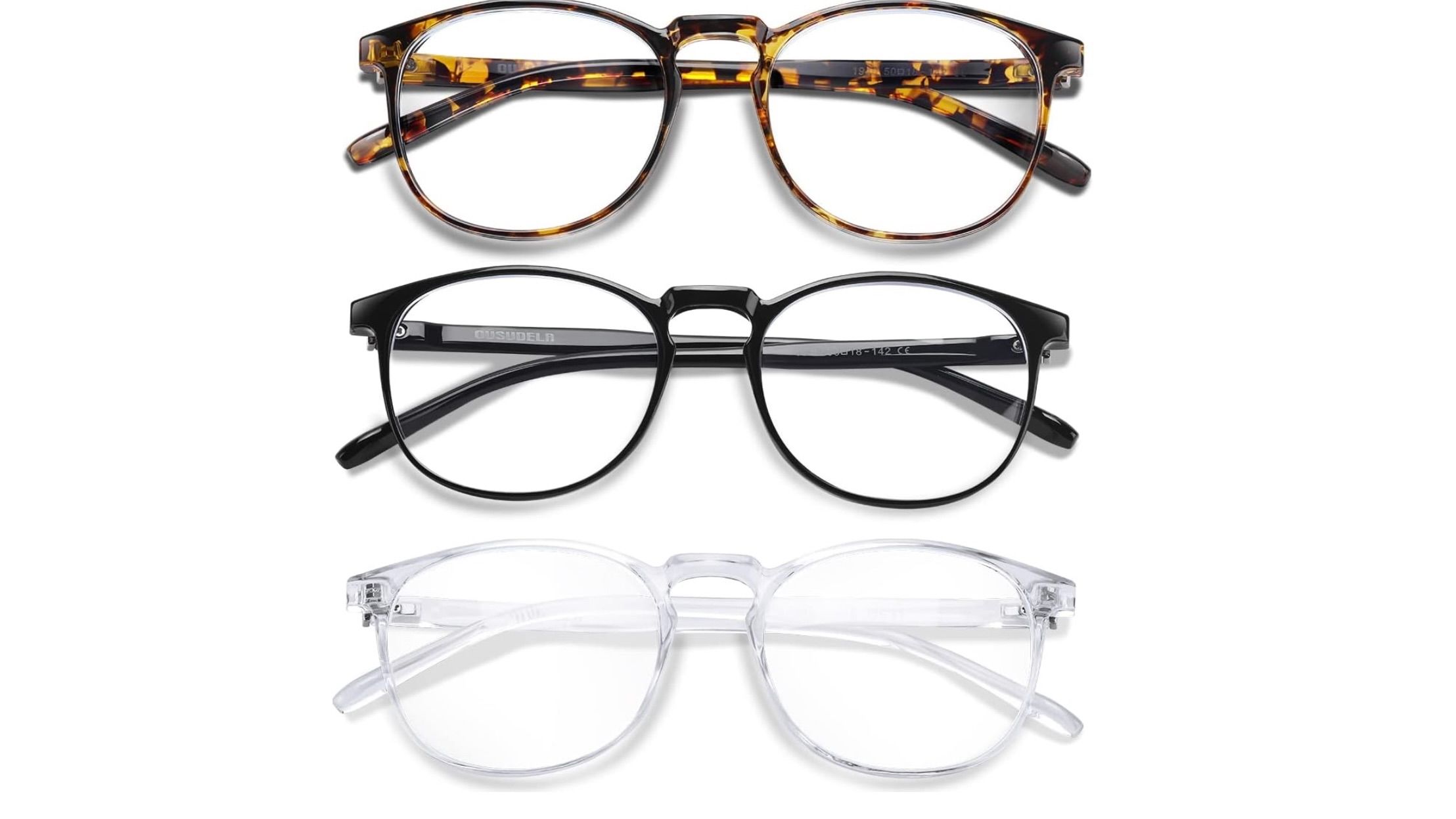
ousudela, 3-Pack Blue Light Blocking Glasses
A personal favorite of Pocket-lint editor, Christina Darby, this 3-pack of blue light blocking glasses are comfortable, lightweight, durable, and significantly reduces her eye strain as she edits and reads. The three glasses are also fun to switch up, each offering a slightly different style to match your vibe or outfit.
Trending Products

Cooler Master MasterBox Q300L Micro-ATX Tower with Magnetic Design Dust Filter, Transparent Acrylic Side Panel, Adjustable I/O & Fully Ventilated Airflow, Black (MCB-Q300L-KANN-S00)

ASUS TUF Gaming GT301 ZAKU II Edition ATX mid-Tower Compact case with Tempered Glass Side Panel, Honeycomb Front Panel, 120mm Aura Addressable RGB Fan, Headphone Hanger,360mm Radiator, Gundam Edition

ASUS TUF Gaming GT501 Mid-Tower Computer Case for up to EATX Motherboards with USB 3.0 Front Panel Cases GT501/GRY/WITH Handle

be quiet! Pure Base 500DX ATX Mid Tower PC case | ARGB | 3 Pre-Installed Pure Wings 2 Fans | Tempered Glass Window | Black | BGW37

ASUS ROG Strix Helios GX601 White Edition RGB Mid-Tower Computer Case for ATX/EATX Motherboards with tempered glass, aluminum frame, GPU braces, 420mm radiator support and Aura Sync


